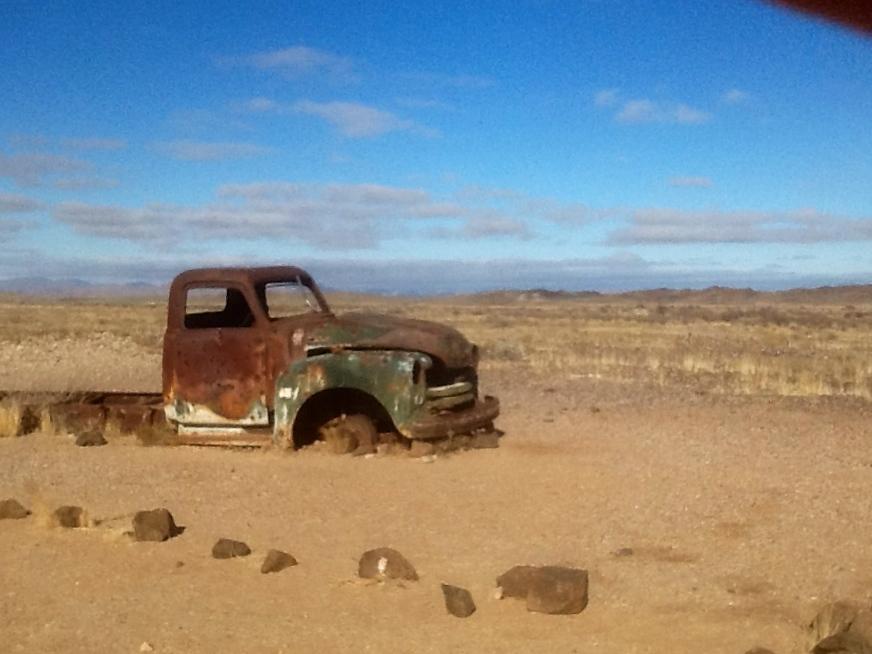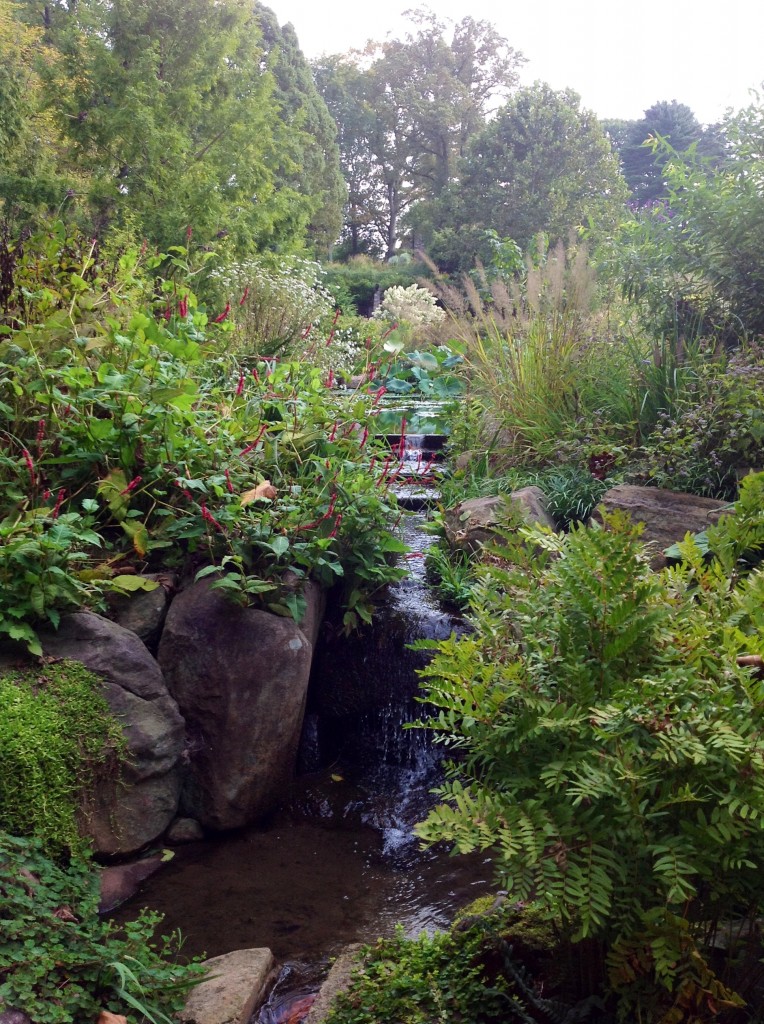
I recently returned from traveling through Zimbabwe, Botswana, Namibia and South Africa. We drove through the Kalahari Desert and the ancient Desert of Namib. Mile after mile unfolded with only sparse stunted vegetation.
Colorless wisps of dried grasses and leafless shrubs rely on fog from the ocean or a rare shower to survive another harsh year. In some places huge barren sand dunes rise up. Sand gives way to gravel in other areas where exposed rock outcroppings rise over the crevices and folds in the earth’s surface to create a dramatic “moonscape”.
Every day the sun burns hot and bright with not a tree to shade one from its heat. Traveling through mile after mile of desolate, uninhabitable land I came to a new appreciation of our lush environment. I thought about how profoundly our lifestyle depends on WATER. With scarce water, life is difficult and unattractive. With no water there is no life.
Here in the Mid-Atlantic States we are very lucky to have significant rainfall. Water feels like a basic right, much like the air we breath. With the turn of a tap, a seemingly endless stream of clean, fresh water pours forth. As our changing climate produces increasingly severe cycles of drought and flood, we need to be cognizant of the value of water and to think of ways of conserving it. Here are a few suggestions for conserving this precious element.
1. Have automatic sprinkler systems calibrated to water lawn without run-off.
2. Repair leaking taps inside the house and outside. When replacing fixtures use
modern low flow toilets.
3. Install a rain garden to return run-off to the ground water.
4. Use paving materials that allow for percolation of water whenever possible.
5. Plant trees. Trees shade the soil helping to reduce evaporation of moisture. Their
transpiration also contributes to a healthy hydrologic cycle.
6. Plant water conserving plants whenever possible.
7. Encourage and support municipal water conservation efforts.
8. Use mulch and renew it annually
There are a multitude of ways to conserve water. You already know of many. If you doubt the importance of water to our lifestyle and our environment, I encourage you to visit the parts of the world where this crucial element is in short supply. It is an eye opening experience.


2 Comments